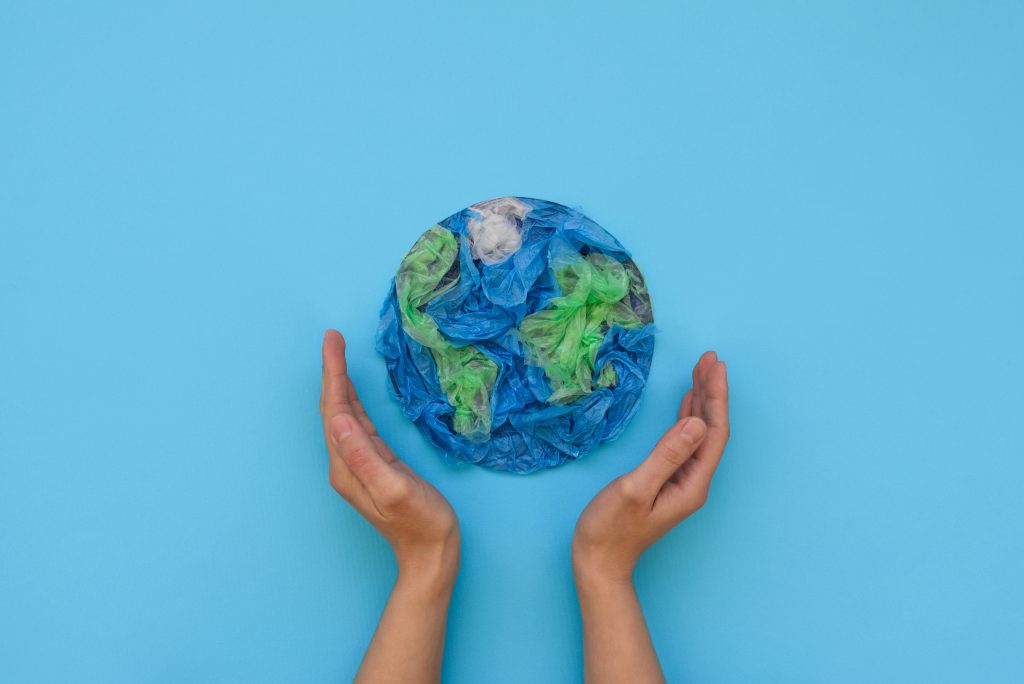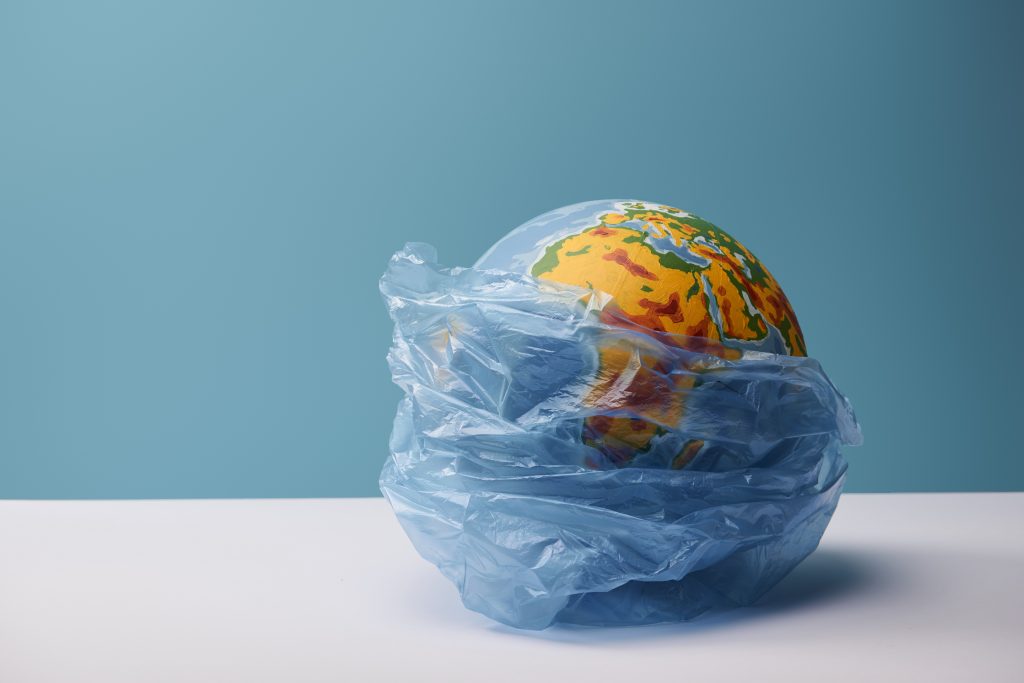Tag: Plastic pollution
Plastic Free July 2023: Small changes to make big differences

Founded in 2011, the Plastic Free July campaign is the brainchild of the Plastic Free Foundation, a global social movement that is working towards a plastic free world. It is impossible to be unaware of the impact that plastic has had on the world, both positive and negative. Plastic is a lightweight, easily mouldable material with a wide range of […]
Read More… from Plastic Free July 2023: Small changes to make big differences
Mechanochemistry: A new route to sustainable polymer recycling

Plastics and rubbers are some of the most important materials in advanced societies, and hundreds of millions of tonnes are produced every year. Devising efficient and cost-effective ways to recycle these materials has become a crucial environmental concern. Although degradable plastic-based materials can be produced, their practical use is limited by their vulnerability under environmental stress. Professor Junpeng Wang and […]
Read More… from Mechanochemistry: A new route to sustainable polymer recycling
Exiguobacterium degradation of polystyrene: Enlisting bacteria in the war against plastic

Polystyrene is a chemically stable recalcitrant plastic that pollutes many natural environments. Unfortunately, few mechanisms can break down this man-made polymer into its naturally occurring components. Research into the polystyrene-digesting capabilities of the bacteria genus Exiguobacterium sp RIT 594 by Dr André Hudson and his team at the Rochester Institute of Technology in New York, USA, has uncovered the specific […]
Research Outreach – Issue 130: Pollution problems, ethical engineering, and civilisation decline
Research Outreach 130 highlights international research in a diverse array of topics, including volatile oil prices, a new delivery system for dietary supplements, and a deeper understanding of civilisation decline in the Late Holocene era. Waste management is once again a key topic, as we share research into one region in Finland that is helping transition to a circular economy. […]
Plastic Free July® 2022

Plastic pollutes our land, our airways, and our oceans. This month is Plastic Free July® 2022 – a global initiative to encourage everyone to eliminate plastic use for one month. The event, run by Plastic Free Foundation, invites us all to be part of the solution. Each year, over 100 million people in 190 countries take part. We’ve picked the […]
Parachute science and Caribbean plastic pollution

Marine litter research in the Caribbean’s Small Island Developing States (SIDS) is imperative for protecting local communities and ecosystems from the effects of plastic pollution. Work to resolve the damage caused by marine debris, however, is being undermined by ‘parachute science’, where scientists from outside SIDS conduct research and leave without consulting or collaborating with local experts. Dr Aleke Stöfen-O’Brien […]
Read More… from Parachute science and Caribbean plastic pollution
Omnipresent microplastic

Microplastics have invaded every crevice, nook, and cranny on our planet and they are here to stay. Remember that plastic bottle you threw away back in the ‘80s? Well, it hasn’t disappeared – instead, it has fragmented into a million tiny pieces, which are now swimming in every ocean, infiltrating the soil in farms around the world, and even circulating […]
Closing the loop: Upcycling plastic waste for carbon capture

Two of the most important environmental concerns of our times are CO2 emissions and plastic pollution. Dr Xiangzhou Yuan, Research Professor at the Department of Chemical and Biological Engineering at Korea University (Seoul), and Dr Shuai Deng, Associate Professor of Mechanical Engineering at the School of Tianjin University (China), propose an approach that uses one problem to solve the other. […]
Read More… from Closing the loop: Upcycling plastic waste for carbon capture
Conveyor belts of the Atlantic Ocean: Moving particles, organisms and litter around the globe

Ocean currents are a conveyor belt spanning the entire globe; they are transporting minerals, nutrients, organisms and other particles across vast distances. However, the full extent of the roles played by these flows is still poorly understood. Dr Rui Caldeira, Director of the Oceanic Observatory of Madeira in Portugal, and his collaborators Dr Iria Sala, Cláudio Cardoso and Maria João […]
Spectroscopic standard could help revolutionise the analysis of plastics

Plastic pollution is an environmental catastrophe in progress. 32 percent of the plastic we use escapes into the environment and only nine percent currently gets recycled. Fugitive plastic products often undergo various forms of environmental degradation, which lead to the formation of microplastics. British company Polymateria have developed additives for conventional plastics which facilitate biodegradation if they escape the waste stream. […]
Read More… from Spectroscopic standard could help revolutionise the analysis of plastics